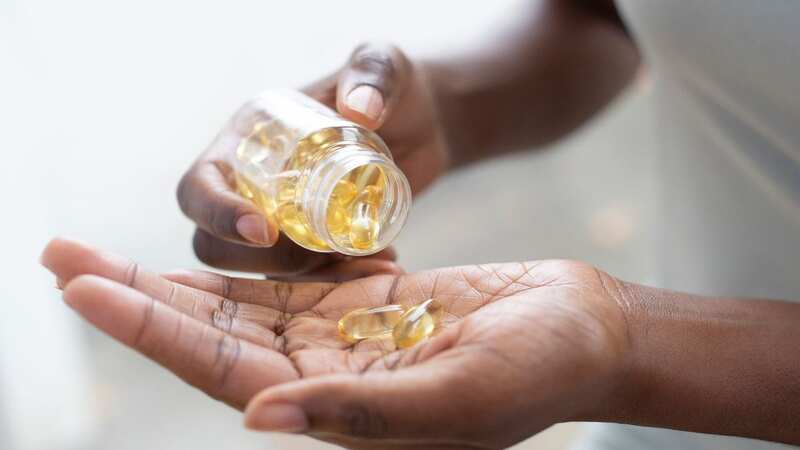Health experts urge Brits to take this vitamin over autumn and winter months

As winter approaches, it's important that we keep on top of our health. It may be hard to pluck up the courage to go out and exercise, but one thing we can all do is make sure we're taking the right vitamins and nutrients.
Due to the lack of sunlight in the winter months and we become accustomed to the rainy blustery weather, it's more important than ever to make sure we get enough vitamin D - what we would get from the sun.
The NHS urges everyone to take vitamin D supplements over the winter as it helps support bones, teeth and muscles.
We only get a sufficient amount of sunlight in the UK between April to September, so it's important we support our bodies with vitamin D supplements and include them in our daily diet when we're not as exposed to sunlight. According to the NHS, a lack of vitamin D can cause deformities in children such as rickets, and a bone pain condition called Osteomalacia in adults.
Senior Dietitian Victoria Taylor at the British Heart Foundation told the Daily Record: "It's recommended that everyone take a supplement containing 10 micrograms (10 μg, equivalent to 400 IU) of vitamin D daily in autumn and winter.
 Teachers, civil servants and train drivers walk out in biggest strike in decade
Teachers, civil servants and train drivers walk out in biggest strike in decade
"More than this is not necessary, and is likely to be more expensive, but you can safely take up to 25 micrograms if that’s the size you can find. Don't take very high doses of vitamin D, as if you do this over a long period of time, it can cause too much calcium to build up in the body, which can weaken the bones and damage the kidneys and heart."
A microgram is 1,000 times smaller than a milligram (mg). Sometimes the amount of vitamin D is expressed as International Units (IU). 1 microgram of vitamin D is equal to 40 IU. So 10 micrograms of vitamin D is equal to 400 IU.
Although some people may not be exposed enough to sunlight in those months either, it's important to take supplements if this is the case. People who are not often outdoors - such as being housebound, frail or working inside all day, as well as those who wear clothes that cover most of their skin when outdoors and should consider taking a daily supplement containing 10 micrograms of vitamin D throughout the year.
It's also possible to get vitamin D from foods such as red meat, oily fish, liver and egg yolks. It is also added to breakfasts such as certain cereals and spreads like butter. According to the British Heart Foundation, a 140g piece of baked salmon contains 10.2 micrograms, a bowl of fortified bran flakes has 1.5 micrograms and an egg has 1.9 micrograms. However, it's important to note that cow's milk isn't classed as a sufficient vitamin D source as it's not fortified like it is in other countries.
However, taking over the recommended amount of vitamin D supplements over a long time can cause a build-up of calcium in your body known as hypercalcaemia. This can result in weaker bones and can damage the kidneys and heart. It's always important to consult a GP if you have any worries.
Read more similar news:
Comments:
comments powered by Disqus

































